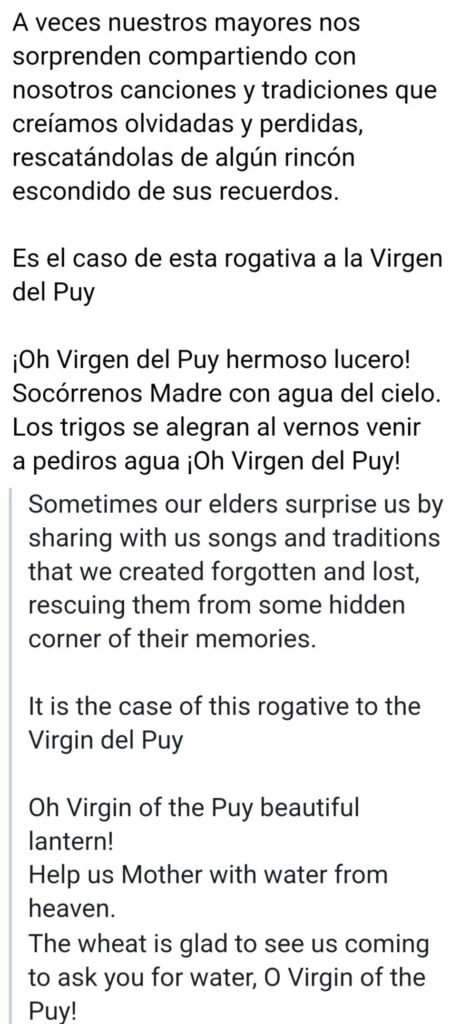
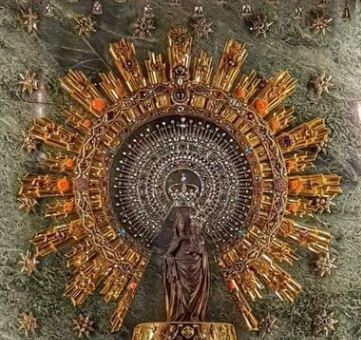

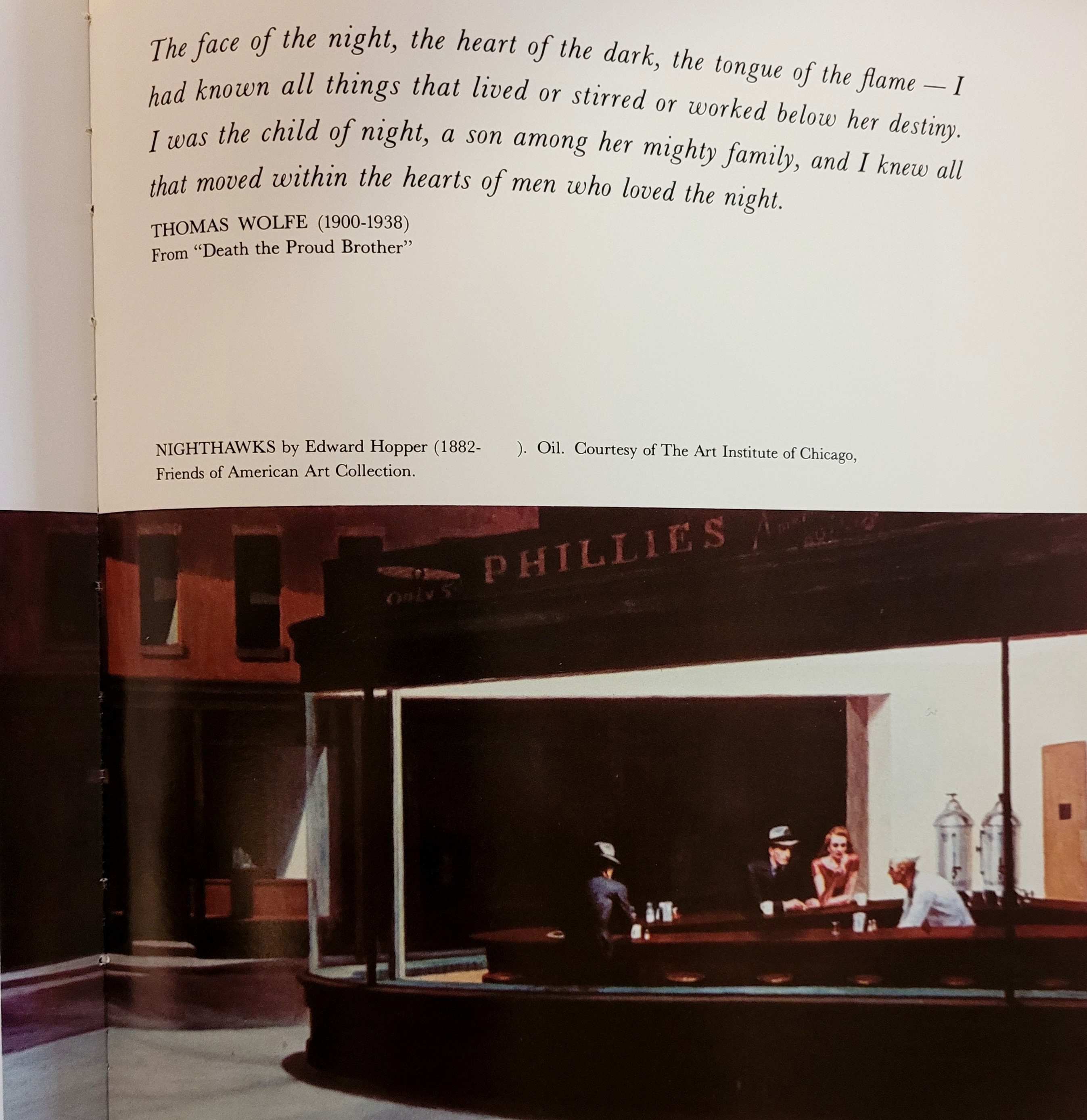

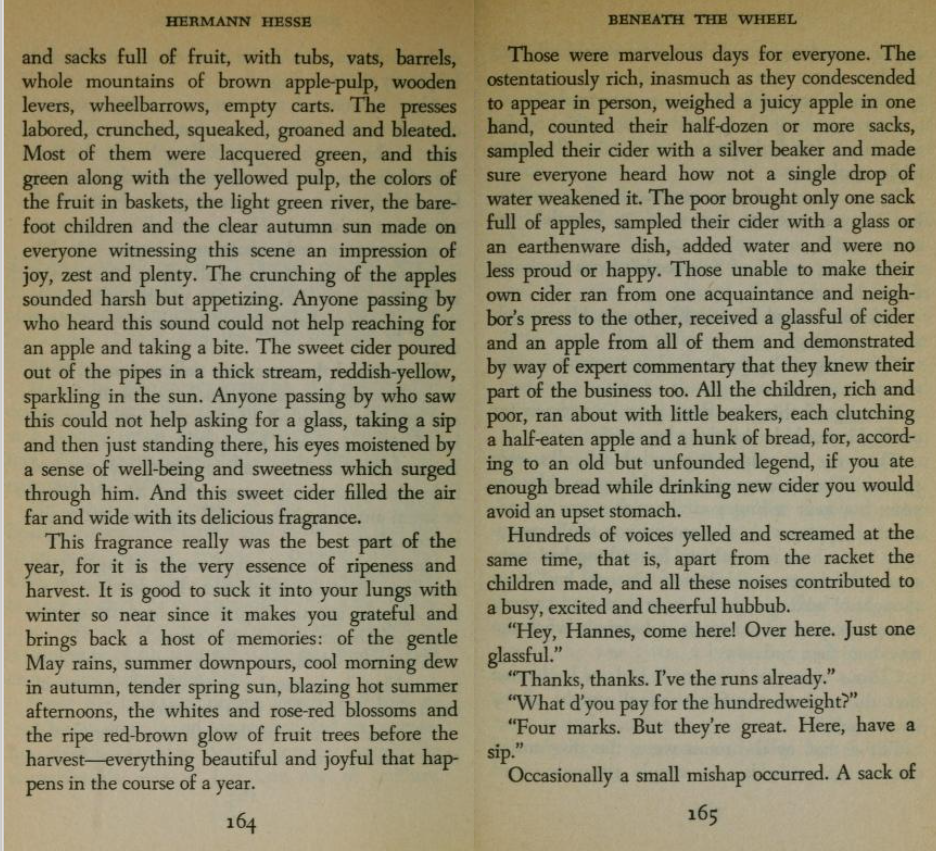
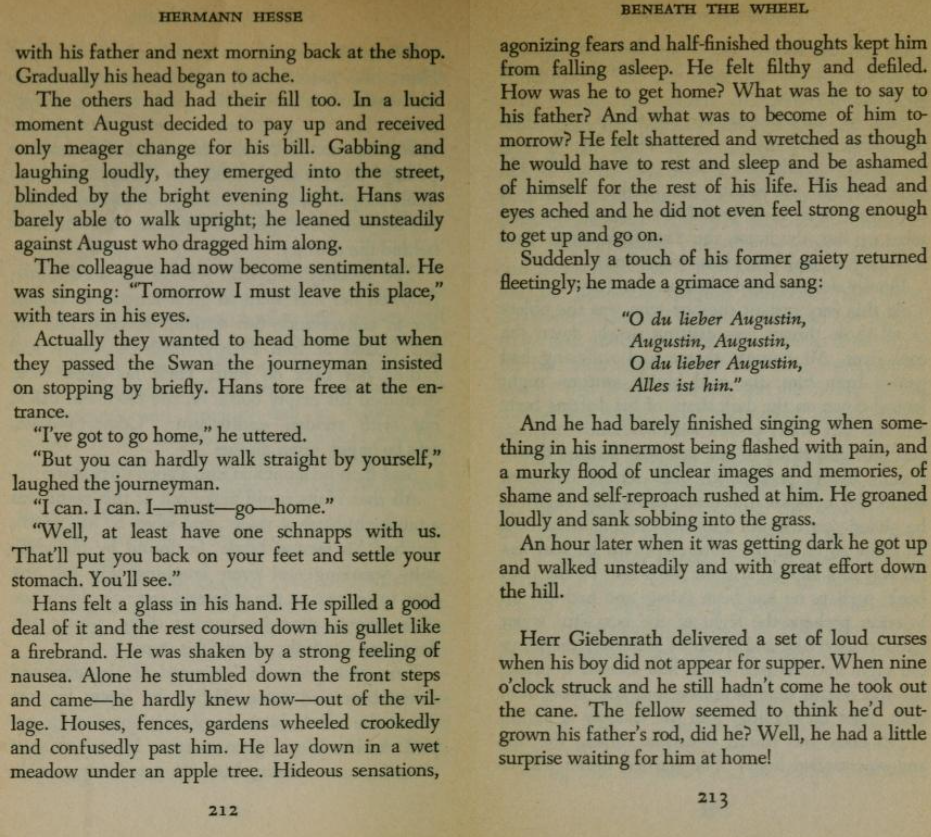
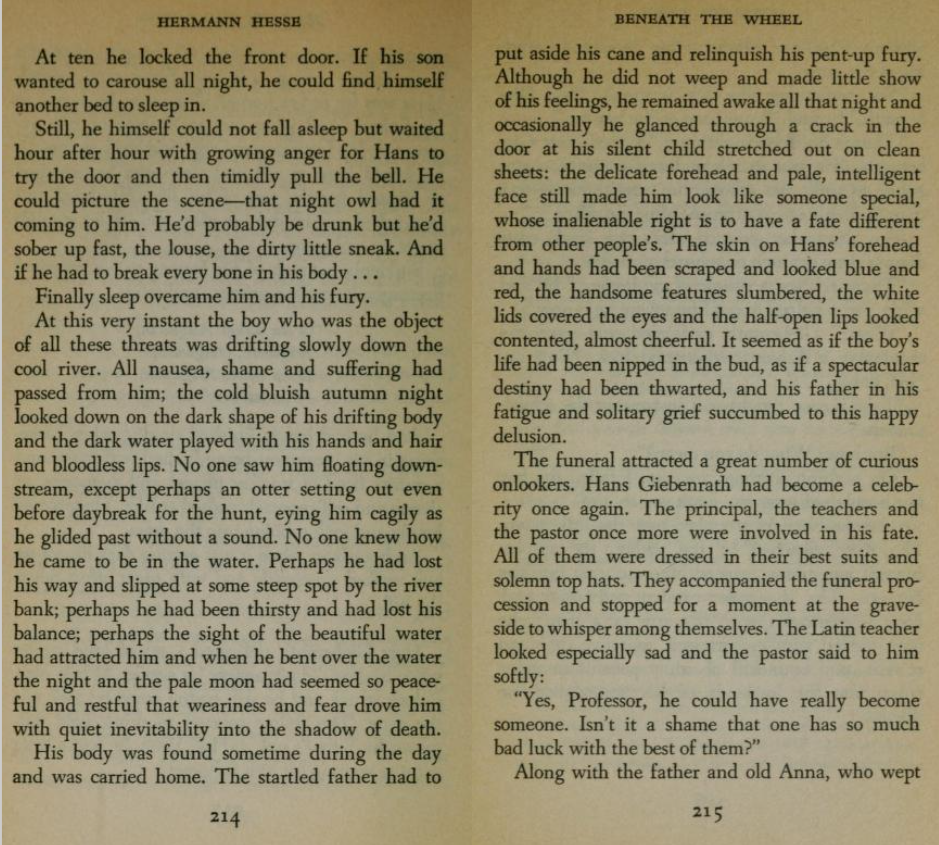
Throughout my life I have wrestled, meditated upon a book, many books, yet this one in particular. Hermann Hesse’s ‘Beneath the Wheel’, a story of failure mesmerized me as a young man, etching itself into my journey. I am not sure my interpretations are accurate for it is decades since it was read. Befriended and enamored with a charismatic poet, a student fails in his studies, becoming an outcast. He is, forced, within his perceptions, to return to the life of a laborer, to return to the people of his upbringing. Once perceived as promising, he is now received as just another trying to make it in life. Idealism lost, education, artistic expression buried, he straps on the clothes of a worker, attempting to accept toiling in the flesh. He fails once again, drowning when returning home from a drinking binge with his new brothers in arms. The scene of the apples, cider making, drunkenness, revelry, people upon people, coalescing with the image of the apple and original sin, often plays within my meditations, assisting me in a deep caring—fighting against the deep dependency to love humanity while hating people. Finally, a video providing insight into the song Hesse points to.
Augustin loses his girlfriend, his money, his clothes, all Vienna’s been taken away by the plague, but Augustin keeps singing for the Vienese. They even have to tell him to lie down in this grave- he didn’t stay in it the first time! This simple song is said to date back to 1679 in Vienna, Austria – Marx Augustin was a cheery, popular balladeer and bag-piper of the time, reviving people’s spirits in that dark year of another outbreak of the Pest, the Black Death, He was also an accomplished drinker. One night, he was found lying in the gutter, drunk, but mistaken for dead, a Schnapsleiche, ‘a schnaps corpse’, someone so dead drunk they’re taken for dead.And he was actually taken for dead! The Siechknechte, ‘sick-menial-workers’, the convicts assigned to collect the plague corpses, found him, threw him and his presumably infected bagpipe onto the cart with all the rest, and hauled him off to the mass grave. Bagpipes were at that time still common across Europe and not yet identified with Scotland. They pitched him in with the other bodies, and next morning he awoke among the bodies, and couldn’t climb out of the pit- so he set to playing his bagpipe, deciding he’d die the way he lived. Instead, people heard him and pulled him out.
O, du lieber Augustin, Augustin, Augustin, (O, you dear, dear Augustin, Augustin, Augustin,)
O, du lieber Augustin, alles ist hin. (O, you dear, dear Augustin, I just can’t win!)
Geld ist weg, Mäd’l ist weg, (Money’s gone, gal is gone,)
Alles hin, Augustin. (I just can’t win, Augustin!)

Further Chicago exploring—centering upon State Street—the Gene Siskel Film Center. There is a parking garage right across the street, access from Randolph Street. With a purchased ticket, parking for the day is $20.00. Fun garage with a steep ascending and descending spiraling drive, covering six floors or so. From the exterior, it is hard to notice from the street. It is an excellent downtown location to use as a homespot. Between the two films, I walked north on State Street, passing the Chicago Cathedral, crossing the Chicago River, eating at a fast food chicken joint—awesome lightly-greasy fried chicken and empanadas at the intelligent fast food joint Pollo Campero. They serve their sit-down dinners on high quality ceramic colorful plates. Cheap easy quality eating. The first film of the night was Sick of Myself, Scandinavian, odd sense of humor, distinctly European. Exercising an absurdity and ridiculousness I could not finish in Everything Everywhere All at Once, this film won me over. Busting me out in laughter many times with its relevant biting insight. It pokes fun at self-absorption—narcissism and the needy. Fantasy, dreams, and delusions a perverted way of life. The humor is abrasive yet engaging, daring and willing to carry everything to a pathetic ending. In the final scene the adorable female lead is sprawling upon the ground uttering a pollyannaish mantra amidst her wellness group. Mexican fried chicken and empanadas quickly consumed, I barely made it back in time for the second feature. My last minute arrival forced me to sit in the front row, directly in the middle, a gap of four chairs. Human Flowers of Flesh was preceded by a Film Center employee introducing the director Helena Wittmann, announcing she would be taking questions afterwards. The viewing proved bountiful—meditative still cameras broken by the countable moving shots. Openness and diving in, broad expanses and penetrating—crossing the Mediterranean, a journey with friends, blueish green translucent water, motion unique and odd, curiously following the path of the current French Foreign Legion, before meeting a stern captain in Algiers, a man who juggles eggs before scrambling them. Quieting, the movie is calming, an immersion into pleasant images and imaginative interior interruptions: the microscopic devouring–the invisible and miniscule; water diving the camera–panning from the floating Ida, female lead amidst men, the camera descends deeply into the Mediterranean. Something blurry draws closer and comes into focus. It is a World War II bomber on the bottom of the sea. Another interruption is the blueish over-exposed dream sequence. I was lucky enough to ask Helena about it. She said it took her a year to complete—never sure it would be included in the final cut. She worked closely with her music director in creating a distant other-reality motif. Another interruption is the passionate percussive dance scene, the physicality and altered reality a release for the sojourners. The crew finally lands in Sidi Bel Abbes, the trail of a legionnaire becoming a focal point. The actor is Denis Lavant from Claire Danes Beau Travail, a critically acclaimed remake of the French Foreign Legion take on Herman Melville’s Billy Budd. Helena Wittmann rides only trains when traveling in the states. She speaks wonderful English, a charm to behold. I included an interview with her posted on YouTube.
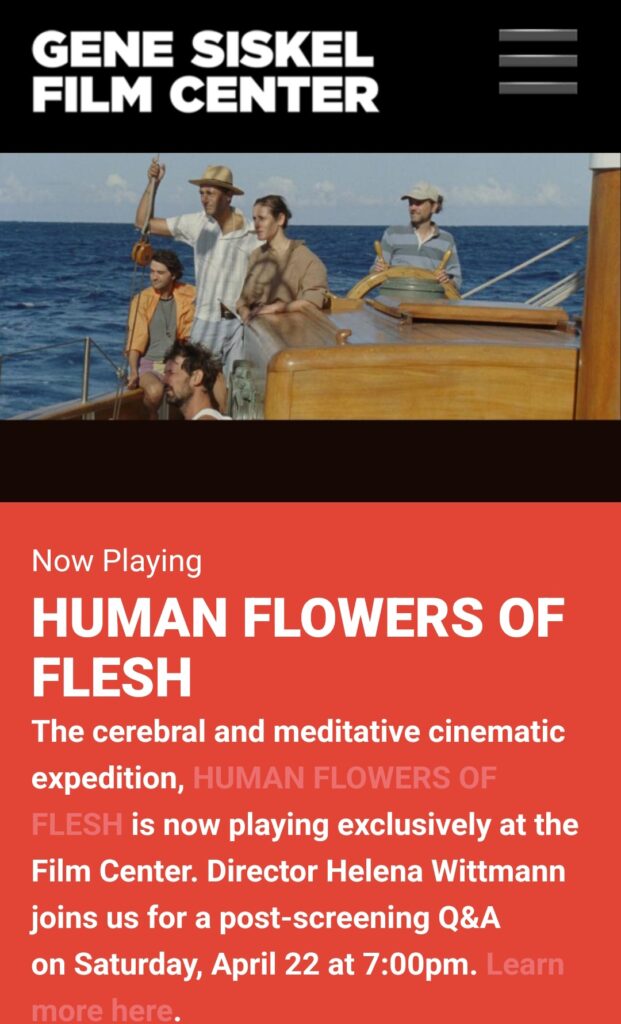
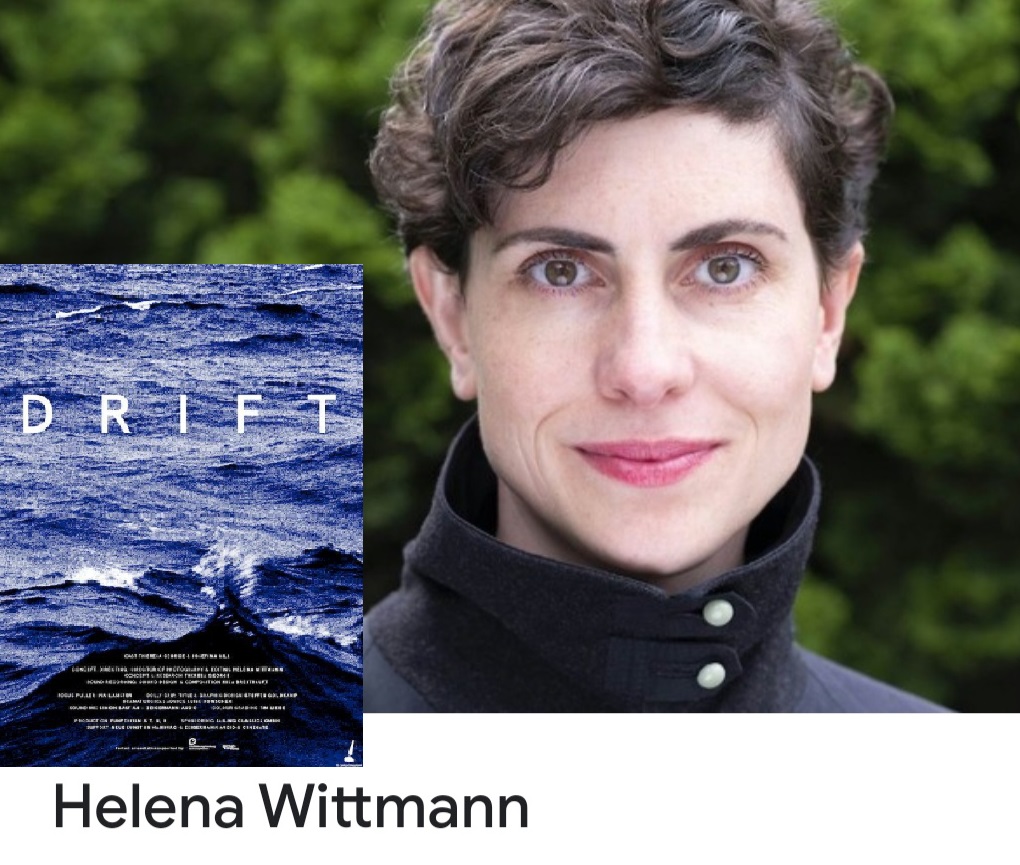
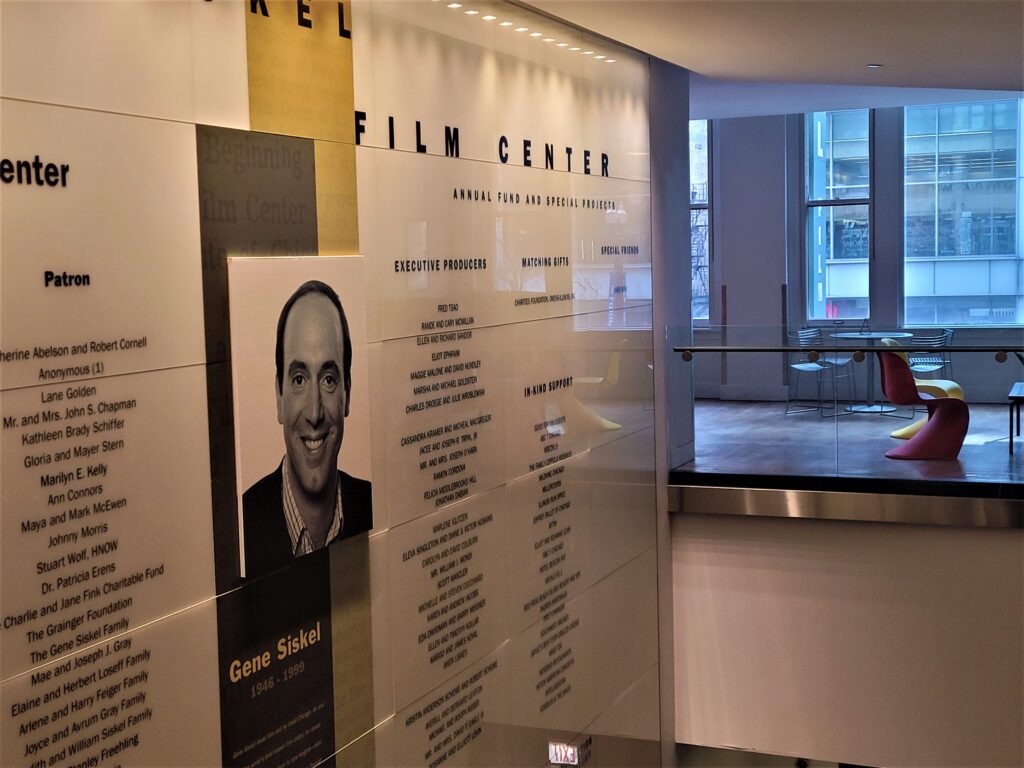
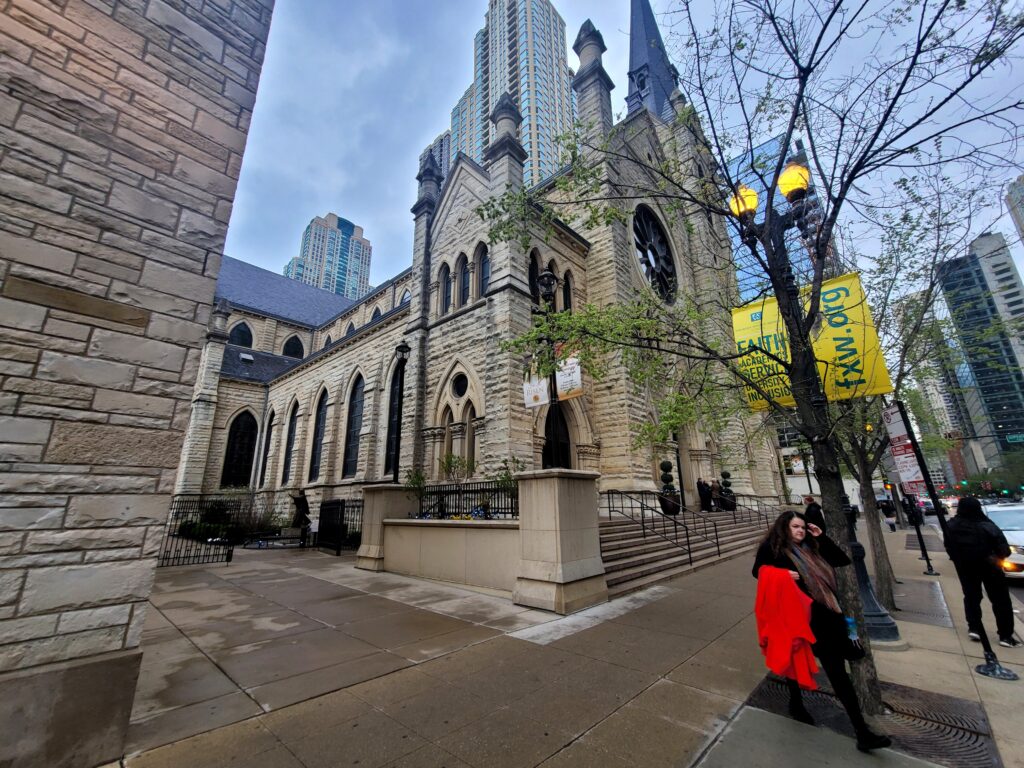
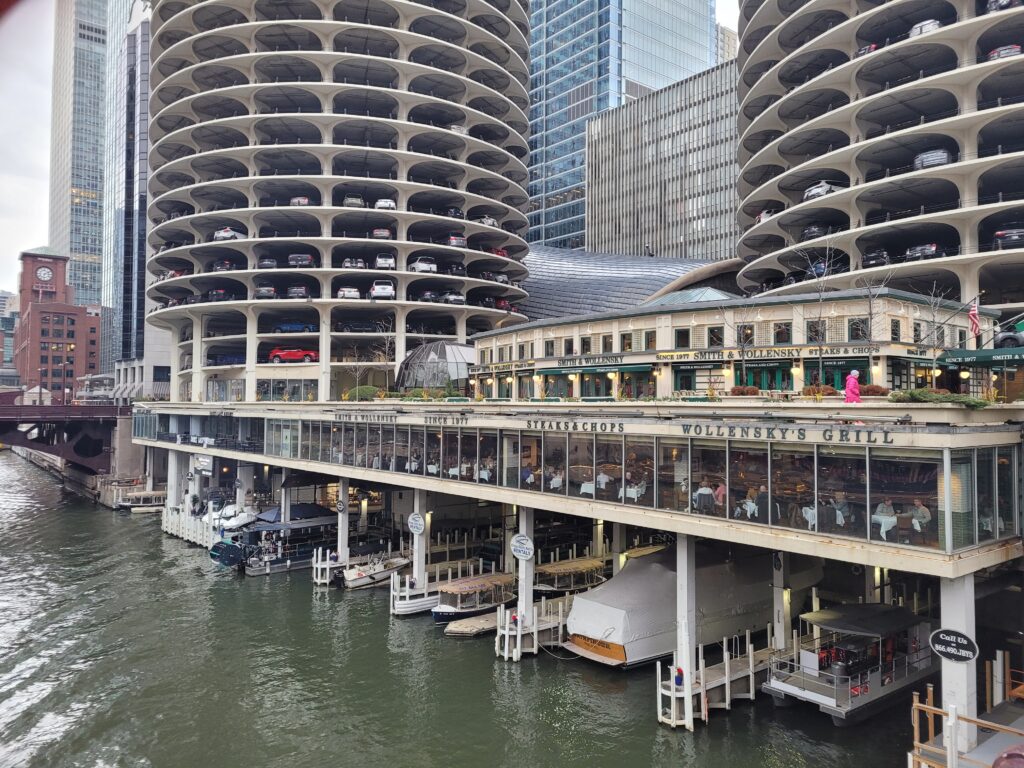
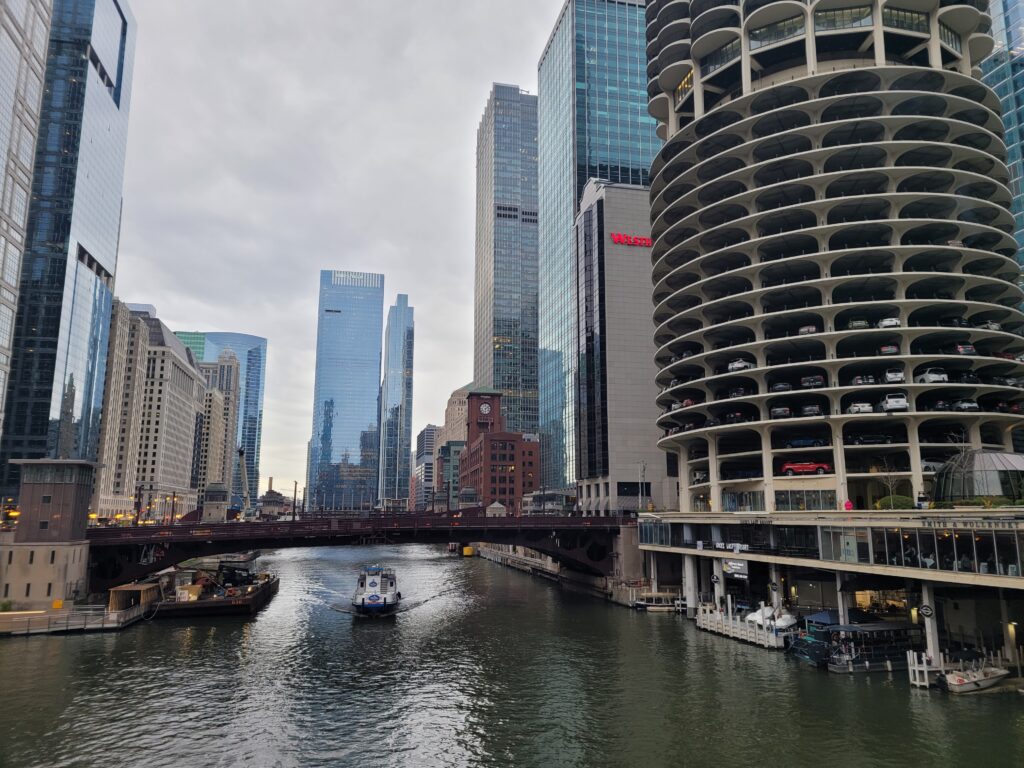
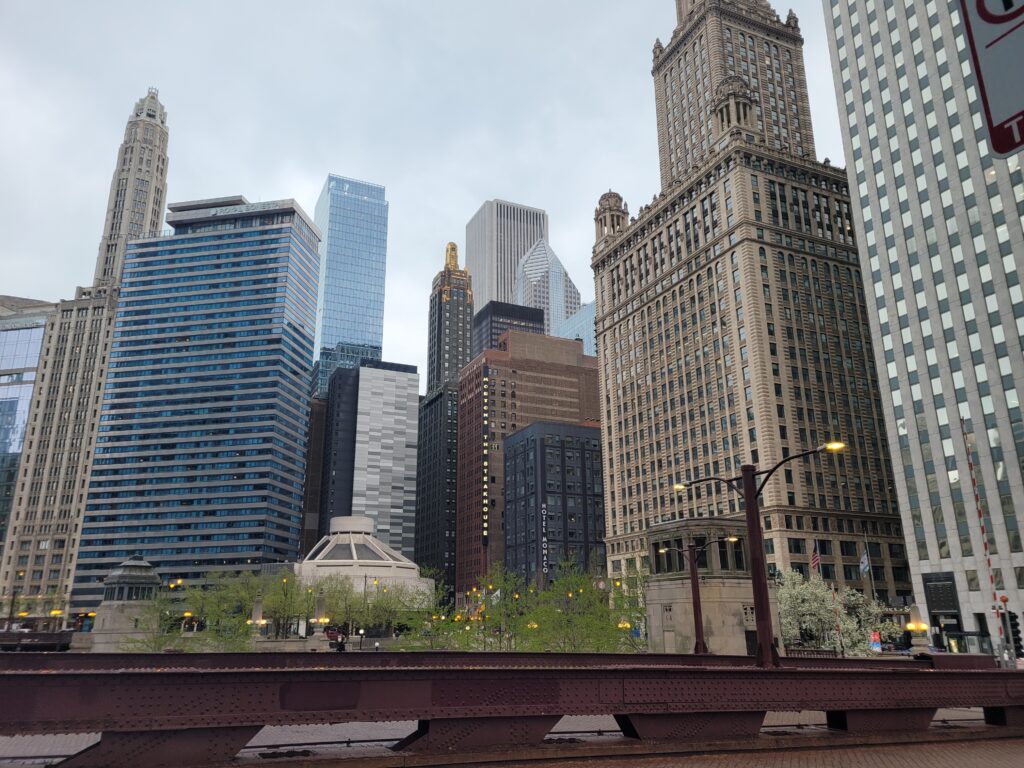
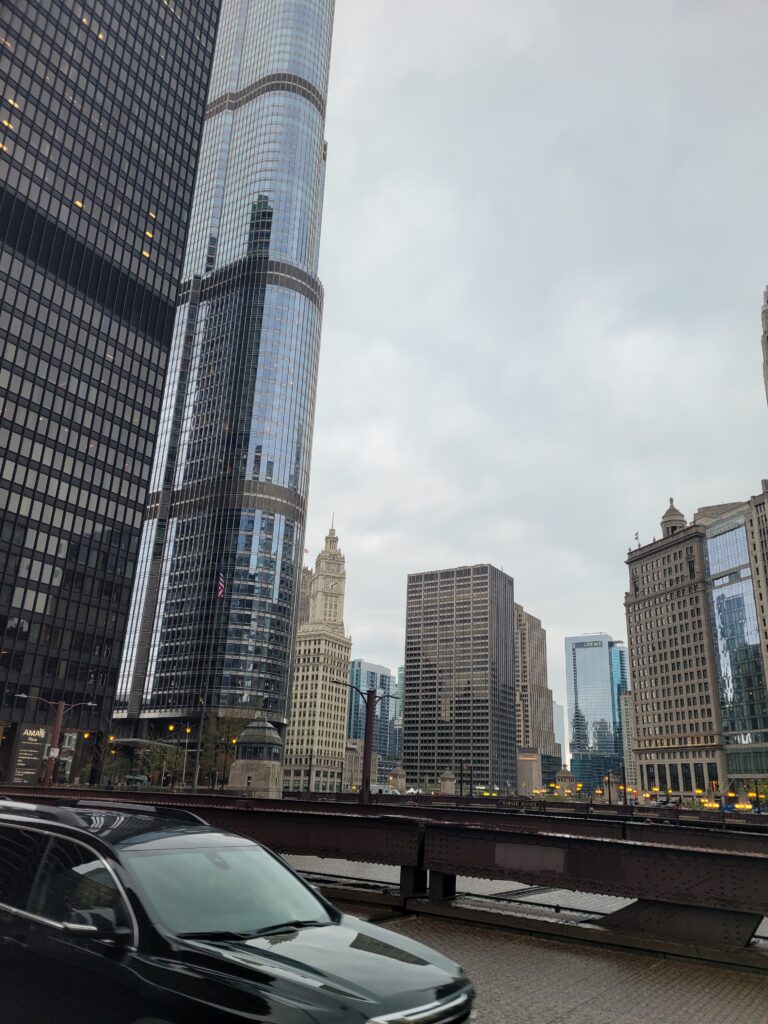
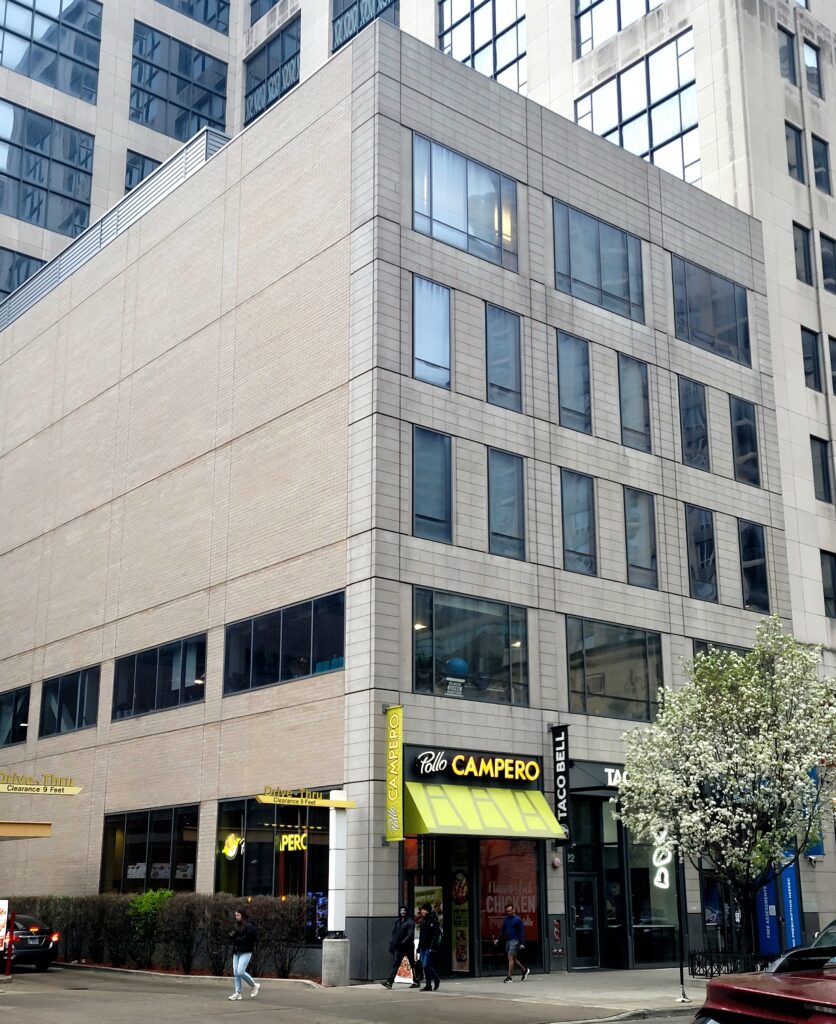
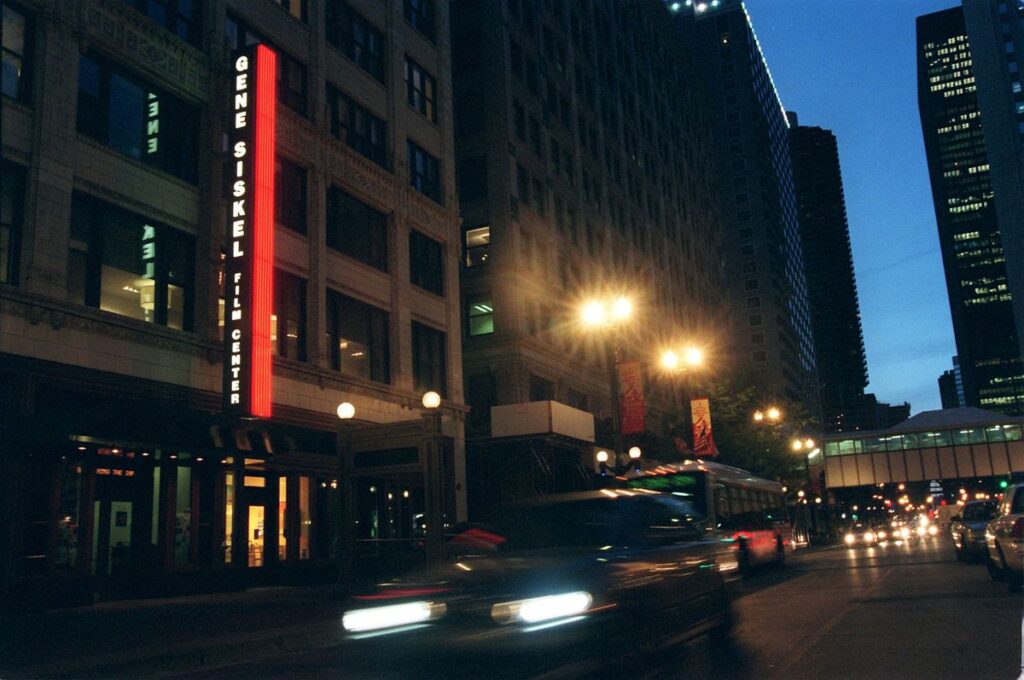
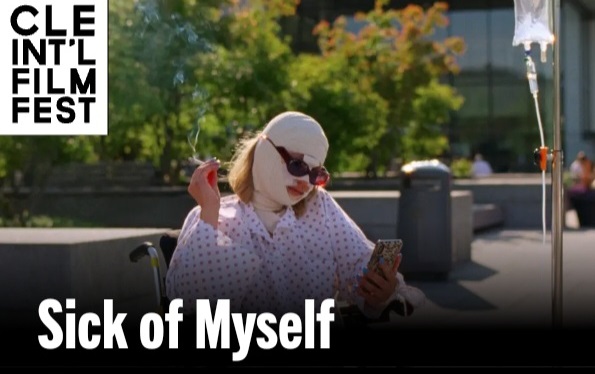



Returning to a place of growing, finding solace in a Cathedral that always provides profound contemplation.
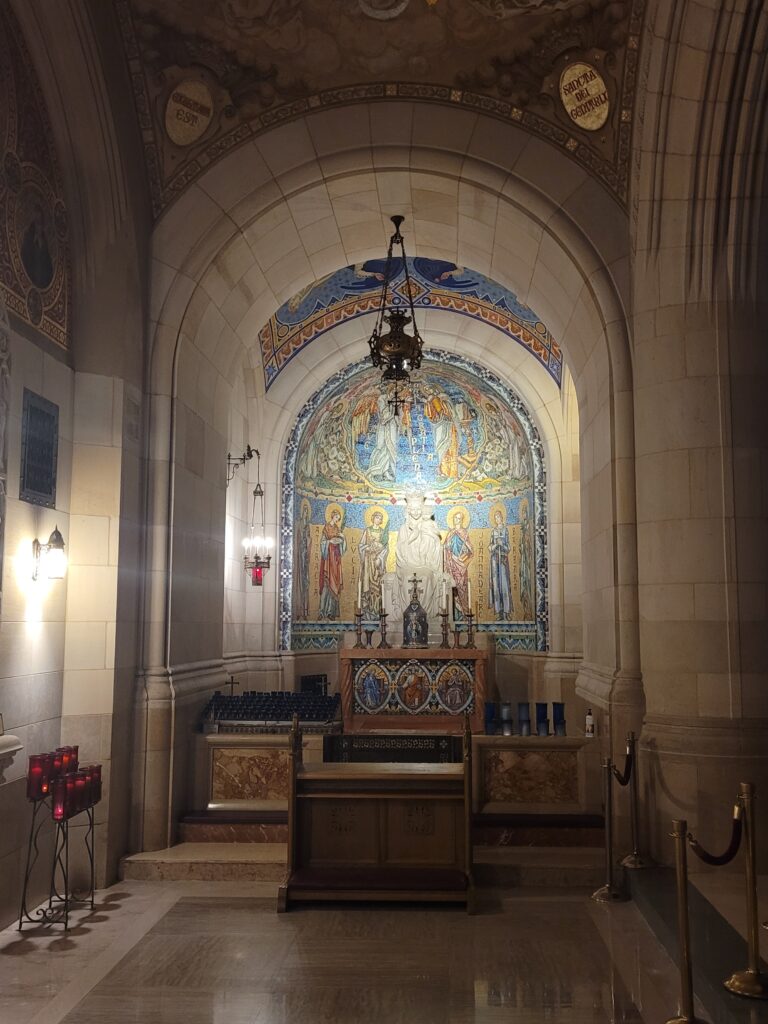
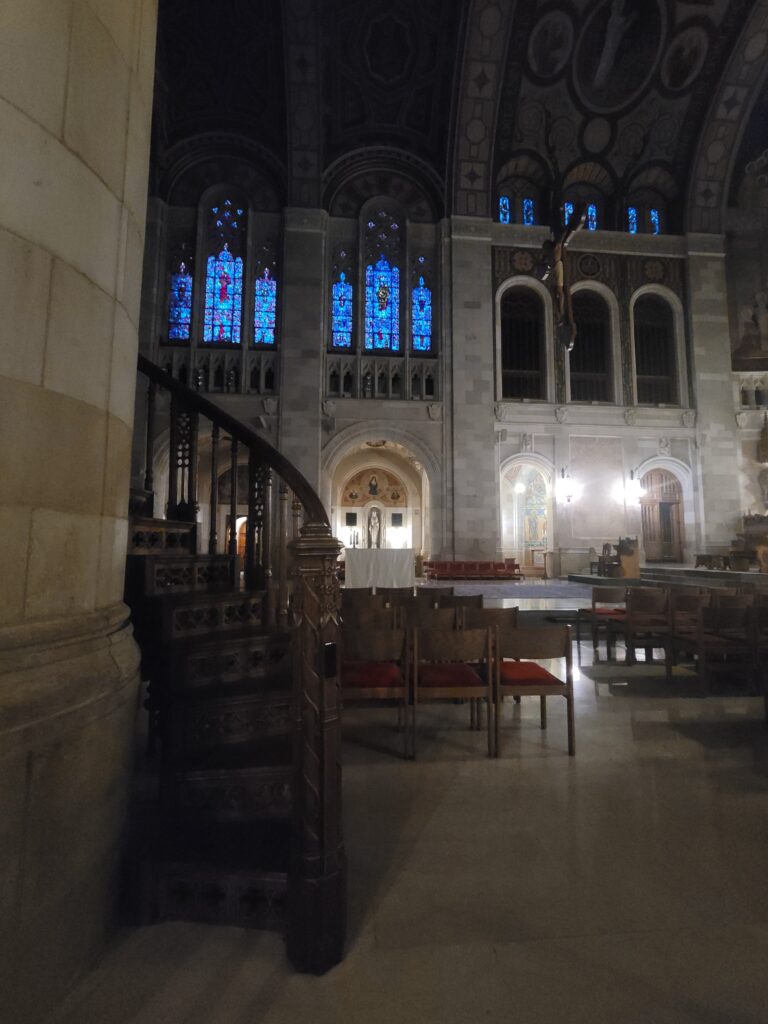
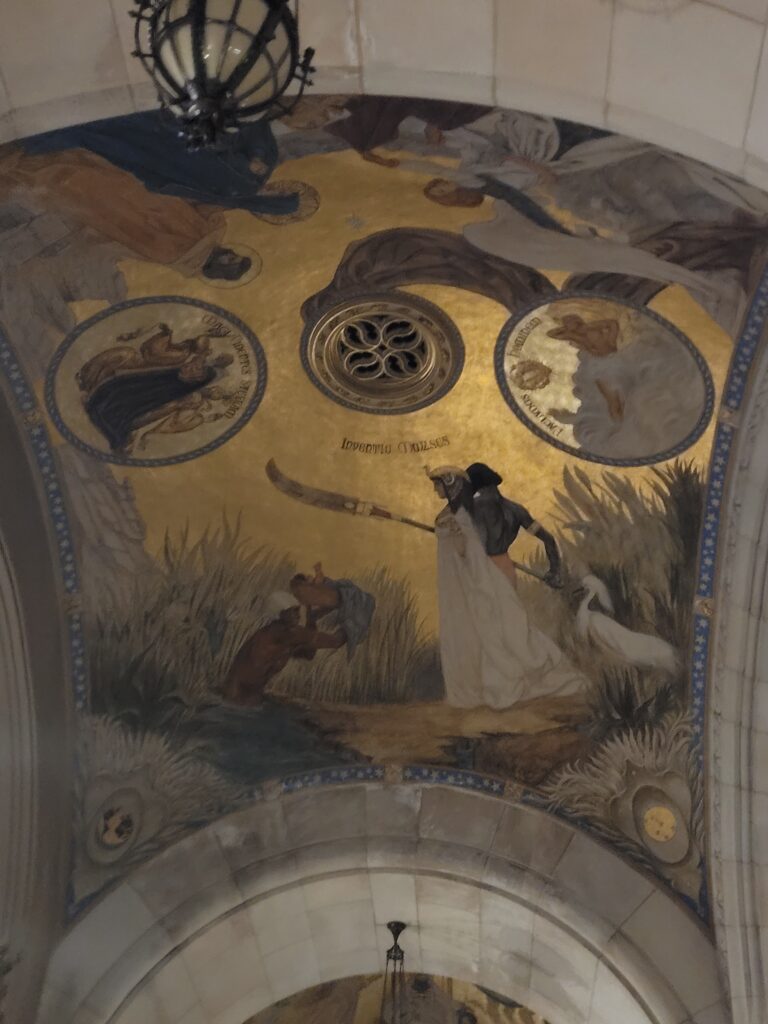
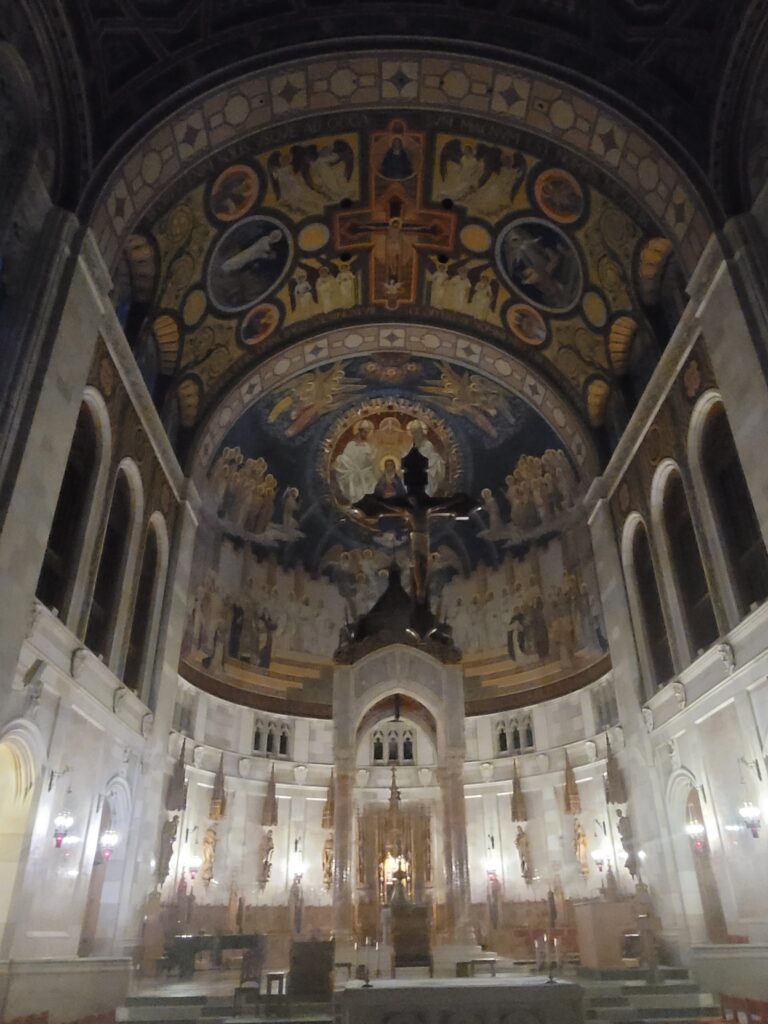
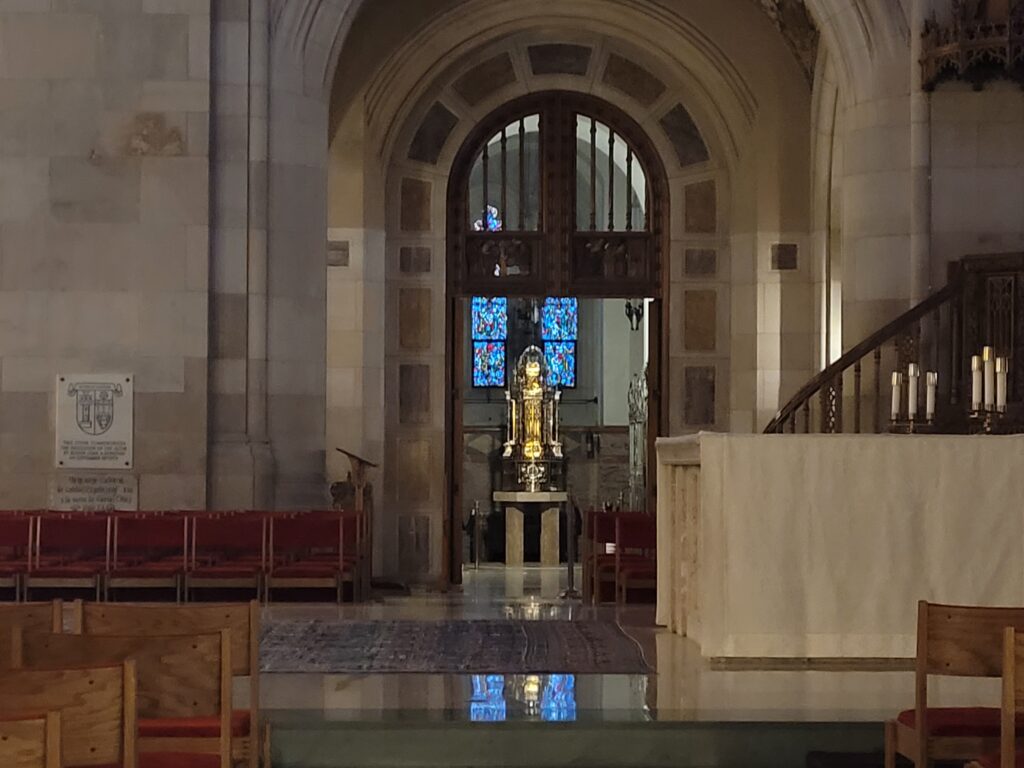

A secular song proper in diagnosing. Beauty and the grace of soothing, easing.
Aldous Harding lyrics:
TREASURE
I made it again to the Amazon
I’ve got to erase, the same as the others
And I see it far cleaner than that
Expecting two but ready for three
I just stood up and I mean it
I have better than that
A rock in my hand, a living mirror
The braided cover, of love…
I’ve got my eye, on you now, treasure
What will you do if the game keeps changing?
Will you die on the vine, choosing it over?
And when you bleed out, you’ll know better than that
And that you couldn’t take it
A rock in my hand, a living mirror
The braided cover, of love…
I’ve got my eye, on you now, treasure
A hand in time, that’s no miracle
The arrival of none, fan in the gallows
Now that is something
And when we need it, we’ll know better than that
And that we couldn’t beat it

Recent Comments